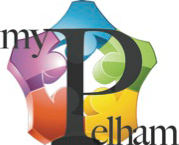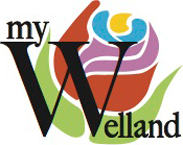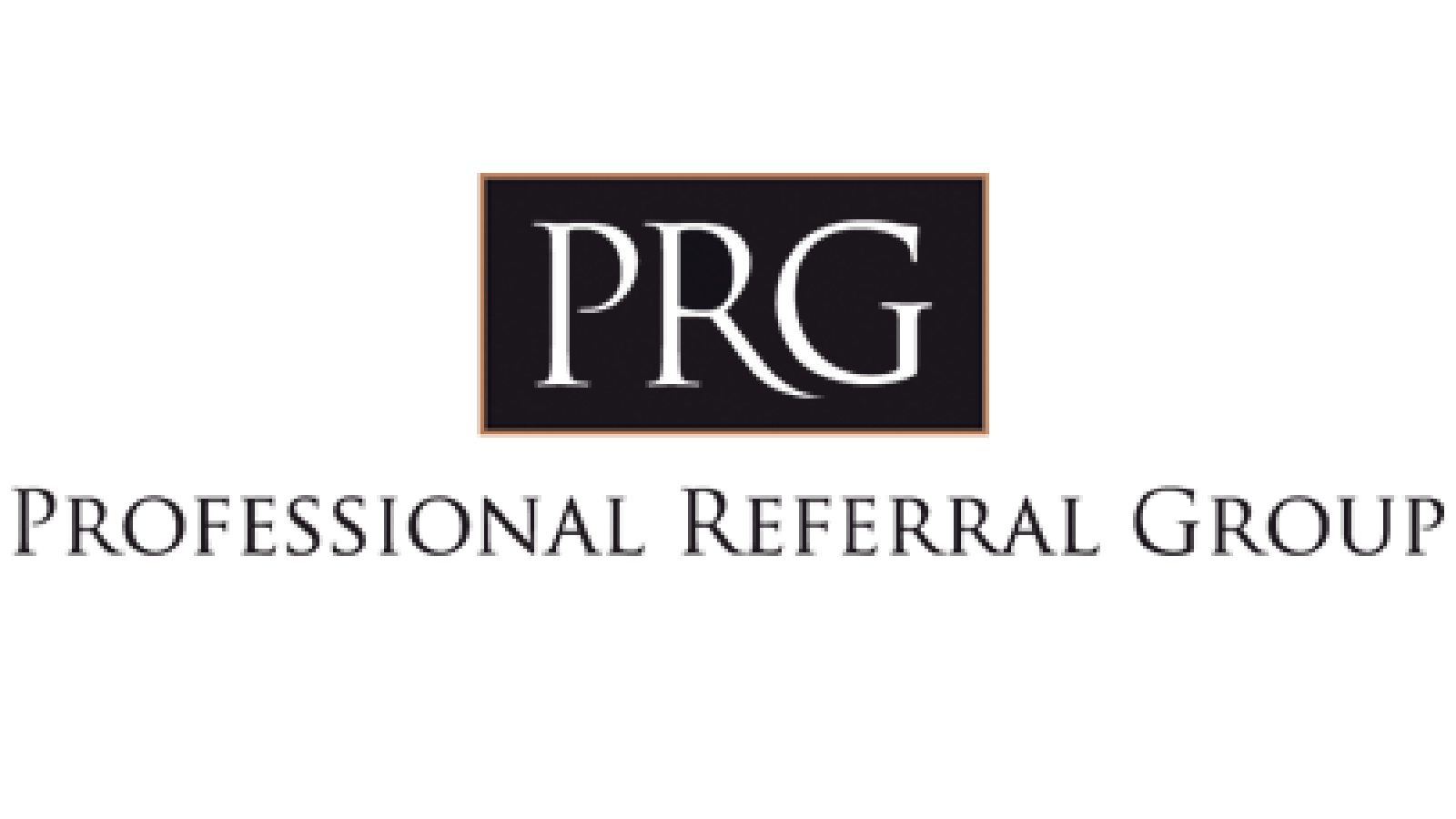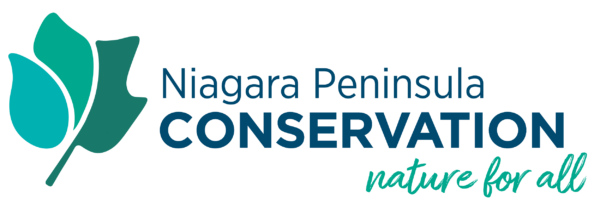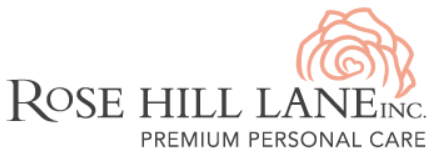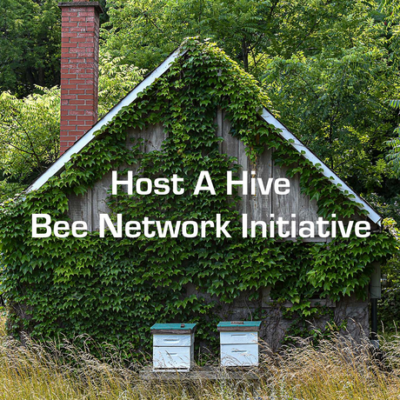 Host a Hive is an innovative program that introduces a new concept of beekeeping in order to mitigate the many problems facing our bee population today. Our plan is to create a Bee Network throughout Niagara whereby we will lessen the amount of stress on one individual bee farm by spreading out the hives throughout the entire region of Niagara. By dispersing the hives from one concentrated location, there will be less risk of poisoning because the bees will be foraging in multiple locations.
Host a Hive is an innovative program that introduces a new concept of beekeeping in order to mitigate the many problems facing our bee population today. Our plan is to create a Bee Network throughout Niagara whereby we will lessen the amount of stress on one individual bee farm by spreading out the hives throughout the entire region of Niagara. By dispersing the hives from one concentrated location, there will be less risk of poisoning because the bees will be foraging in multiple locations.
This program is designed to place two to four hives onto a network of private properties that do not operate commercial farms which use pesticides, thereby limiting the exposure to chemical poisoning. By dispersing hundreds of hives throughout the region of Niagara, we can lessen the risk of mass mortality. If one property host experiences hive collapse, it will affect just a few hives instead of losing the entire population. This data will help us map out the safest pollinator-friendly locations.
We hope that you will join us in expanding our Bee Network. By hosting some hives on your property, you can do your part to save the bees!
If you are interested in being a part of our family of hosts, contact us and we will send you the requirements and costs of participating in Host a Hive Bee Network. Together we hope to rebuild and protect our bee population in Niagara and create a model for other communities to follow. If we join together, we can expand our network one host at a time and slowly cover the entire region of Niagara. Once we have Niagara covered, we will expand to neighbouring communities and across the province. By creating mini bee sanctuaries, we can diffuse the negative environmental impacts on the honeybee pollinators and increase the health and resilience of each individual hive so that they can thrive. Once in place this neighbourhood effort can be sustained for the next 200 years.
Now is the time to act! Local, provincial & federal governments are unable or unwilling to take the emergency actions needed to save the bee and honey industry. That is why we, at Niagara Beeway, are stepping forward to do our part to save the industry from collapse. We know that time is running out for our pollinators and if we don’t take immediate action, the damage to the food chain will be irrevocable. Governments are offering no solutions, and the field chemical applications designed to improve production for the farmers, have unknown long term side effects on the pollinators, insects, birds and wildlife that all feed on the seeds and pollen of the plants that are treated. There is no time to wait for more government studies. It may take years to complete these studies and then change will only happen through legislation which could take years to implement. By the time that help arrives, the honey bees and beekeepers will all be long gone.
We sincerely hope that this project will be the savior of our dwindling bee population but it can only succeed if individual citizens or clubs are willing to step up and sponsor some hives. We believe that that being part of this initiative is a win-win situation for all those involved. Not only will you be doing your part to save the bees (one of the most integral parts of our ecosystem), you may benefit financially if you qualify for a farm tax credit. With this credit, you would recoup your investment after the second year of participating in the program.
Niagara Beeway’s Host a Hive program is taking a grass roots approach to solving the problem of bee mortality. By sponsoring our Bee Network Initiative as individual landowners, you will link arms with other like-minded neighbours in Niagara to create a far-reaching network of bee hives that will cover the entire region! Dispersing the bee colonies throughout the region will provide safe haven for hundreds of hives, all protected by private owners, just like it was done in the old days!
About Niagara Beeway
Advocating for species native to Niagara. Our objective is to protect existing native flora and fauna by restoring and creating native habitat which services bees, birds, native plants and animals and provides educational opportunities for our community

